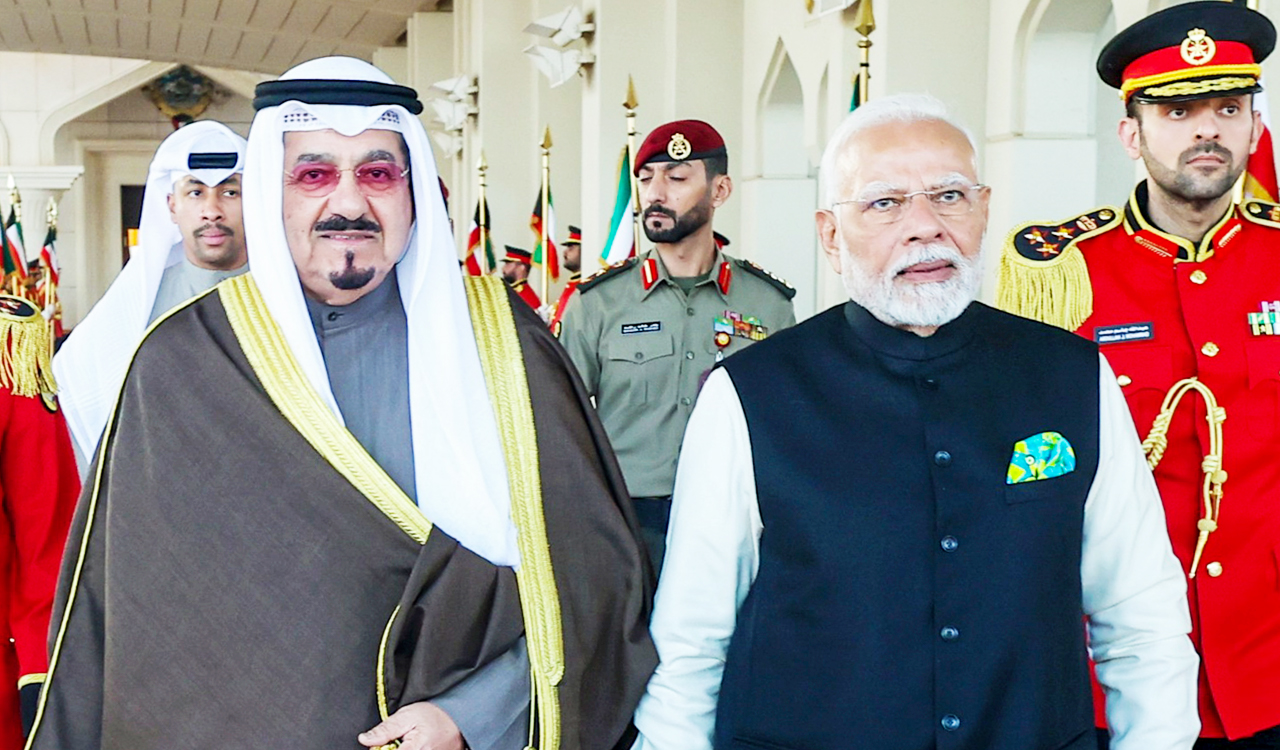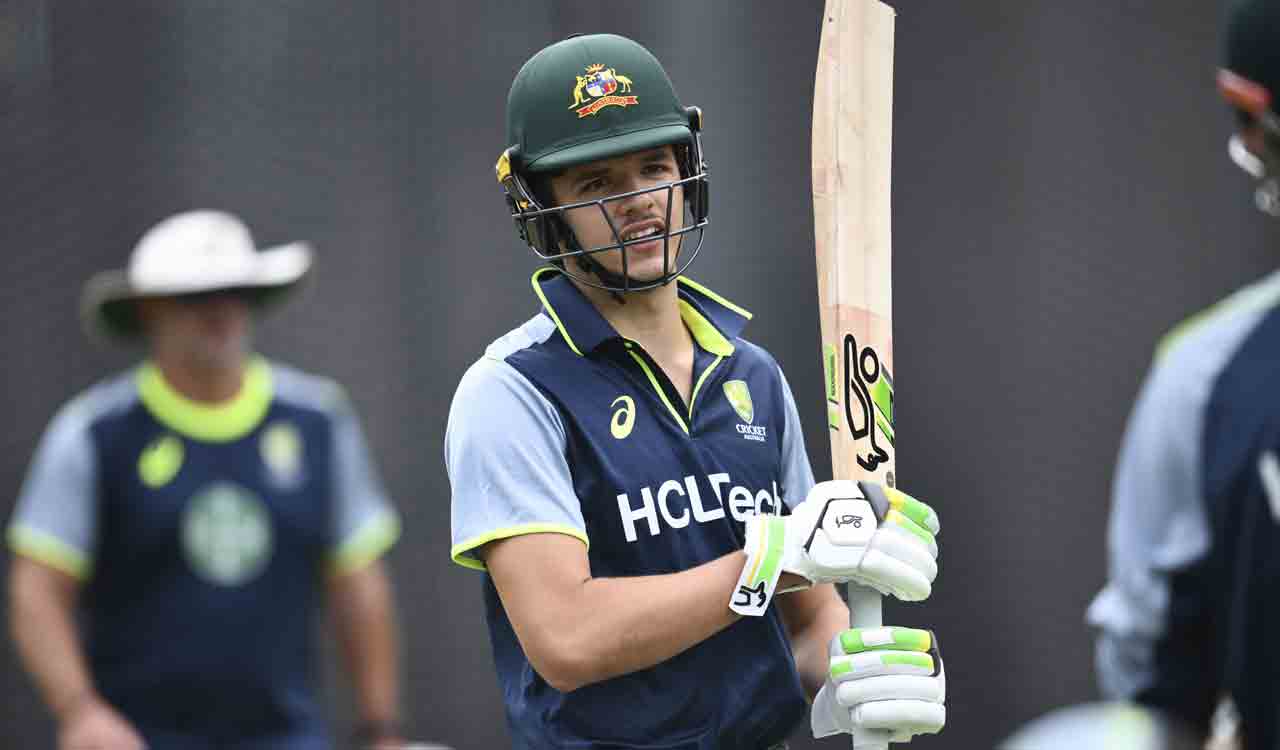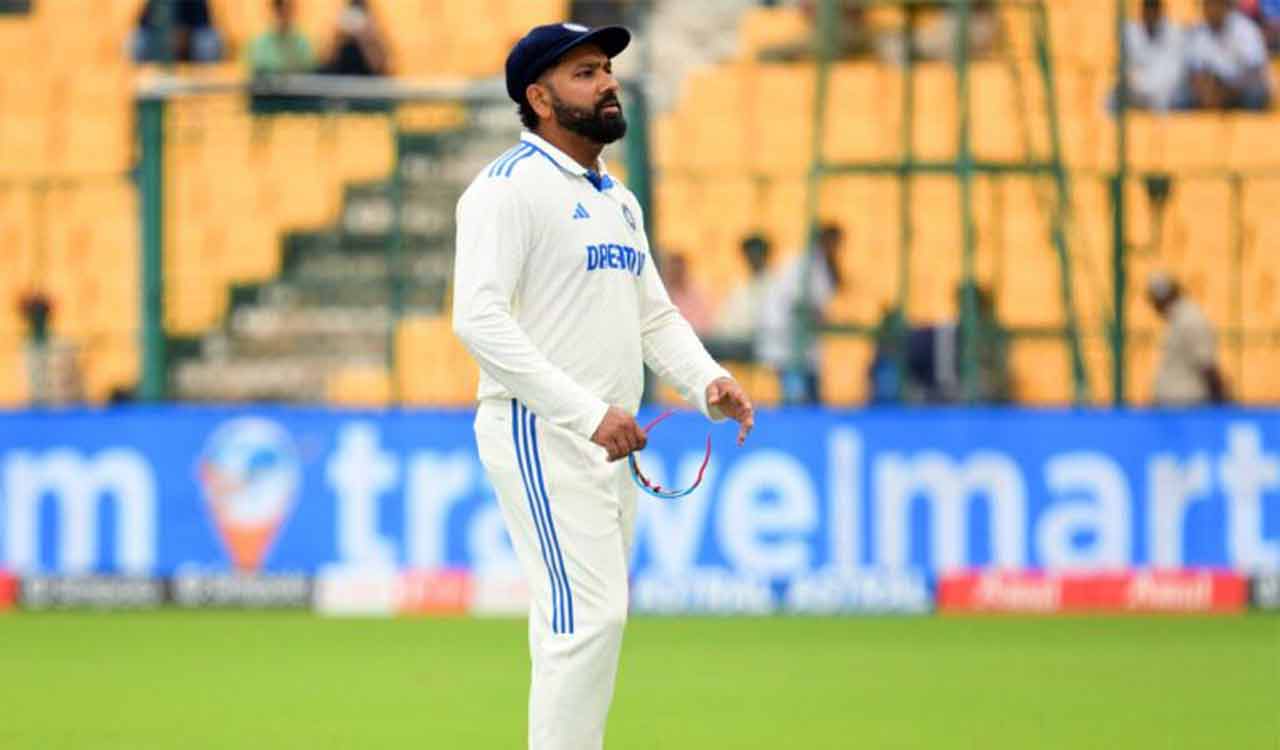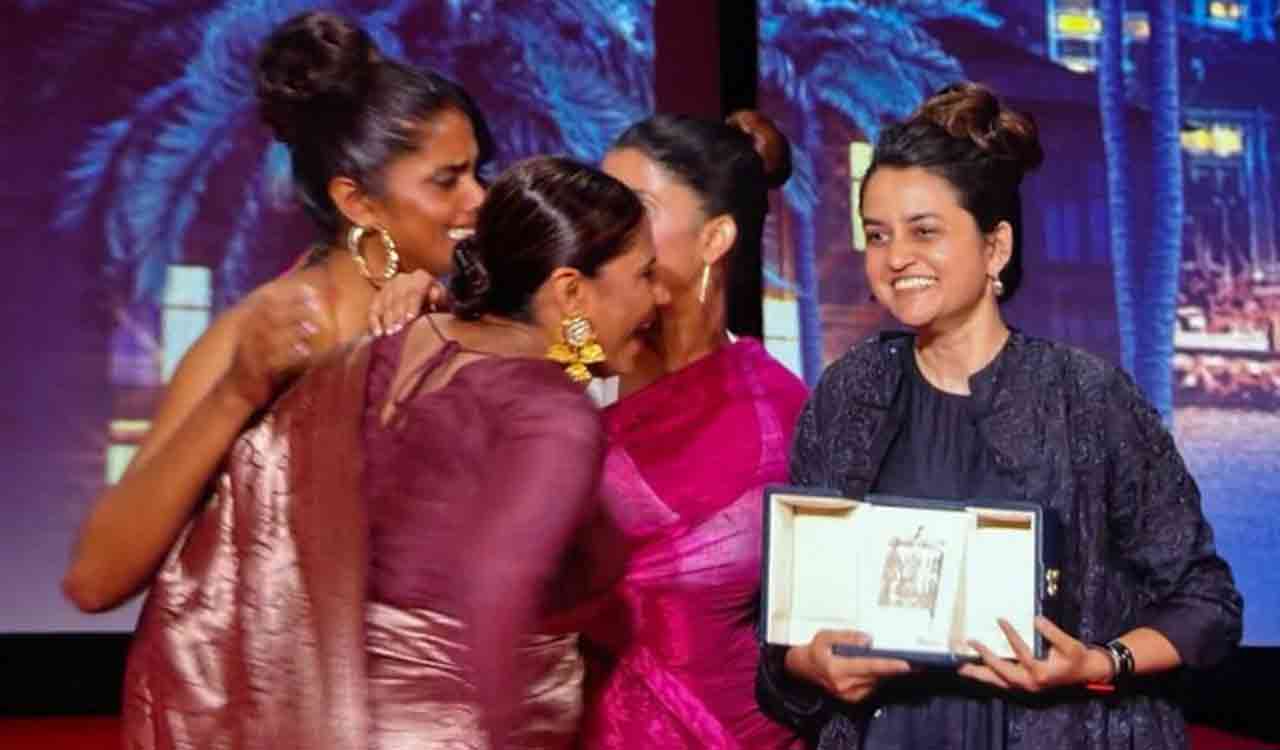Editorial: An enduring bond between India and Sri Lanka
Dissanayake’s visit signified Colombo’s trust in India’s partnership to deepen bilateral ties
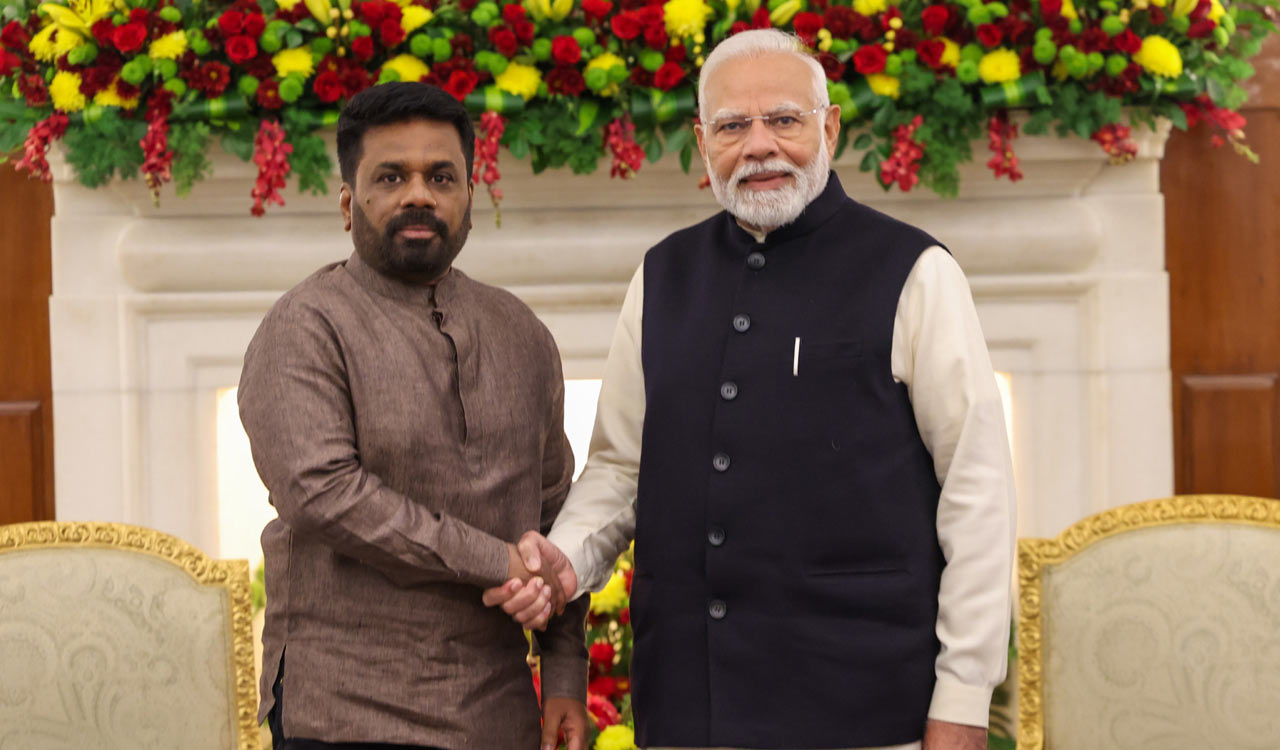
The bilateral relations between India and Sri Lanka have withstood the vicissitudes of time. The civilisational bond between the people of the two countries is strong enough to weather an occasional storm and overcome the hitches created by certain geopolitical constraints. The just-concluded visit of the newly-elected Sri Lankan President Anura Kumara Dissanayake to New Delhi, his first overseas trip, came as a reaffirmation of faith in the enduring nature of the bilateral ties. His assertion that Colombo would not permit the island nation’s territory to be used “in a manner that is detrimental to the interest of India” is very reassuring, given the growing interference by China in the region. In fact, the leftist President’s statement is seen as a thinly veiled reference to Beijing’s activities in the Indian Ocean Region. The meeting between Dissanayake and Prime Minister Narendra Modi was loaded with significance as it came at a critical juncture in Indo-Lanka relations. As Sri Lanka rebuilds after years of economic and political turmoil, Dissanayake’s visit signified Colombo’s trust in India’s partnership for its recovery and his priority to deepen bilateral ties and strengthen collaborative regional vision. Significantly, the two countries pledged to finalise the defence cooperation agreement. The meeting focused on deepening economic cooperation, exploring investment opportunities and bolstering regional security. It reflects their shared aspirations for prosperity and stability in the Indian Ocean Region. External Affairs Minister S Jaishankar’s earlier visit to Colombo underscored India’s commitment to Sri Lanka’s economic revival and laid the groundwork for this fruitful dialogue.
The statement, issued after the bilateral meeting, reaffirmed Delhi’s support for Sri Lanka’s economic recovery, recalling India’s $4 billion assistance during the 2022 crisis and its role in facilitating an IMF bailout. Being India’s closest maritime neighbour, Sri Lanka occupies a central role in New Delhi’s strategic outlook — from fostering trade to safeguarding regional security. Dissanayake is known for his pragmatic approach towards foreign policy matters. Anchored in leftist ideology and focused on anti-corruption reforms, his regime marks a crucial departure from the dynastic politics that has long dominated Sri Lankan governance. The landslide victory to the Dissanayake’s National People’s Power coalition in the recent snap Parliament elections reflects hope and optimism in a country that had witnessed mass protests two years ago over economic meltdown. The strong mandate for Dissanayake’s coalition comes with great expectations of a speedy recovery from the crisis that had brought the country to its knees. The most significant aspect of the mandate was the victory of the NPP coalition even in the Tamil-dominated Jaffna Peninsula for the first time since the country’s independence from Britain in 1948. This demonstrates how the promise of economic betterment is far more important for people than the politics of ethnic identity. India and Sri Lanka are now poised to forge new paths for cooperation in a rapidly changing geopolitical landscape.
Related News
-
Cartoon Today on December 25, 2024
7 hours ago -
Sandhya Theatre stampede case: Allu Arjun questioned for 3 hours by Chikkadpallly police
8 hours ago -
Telangana: TRSMA pitches for 15% school fee hike and Right to Fee Collection Act
8 hours ago -
Former Home Secretary Ajay Kumar Bhalla appointed Manipur Governor, Kerala Governor shifted to Bihar
8 hours ago -
Hyderabad: Organs of 74-year-old man donated as part of Jeevandan
8 hours ago -
Opinion: The China factor in India-Nepal relations
9 hours ago -
Telangana HC suspends orders against KCR and Harish Rao
9 hours ago -
Kohli and Smith will be dangerous and hungry: Shastri
9 hours ago

